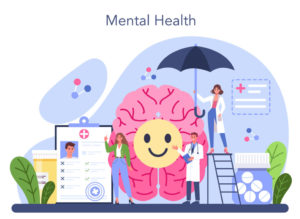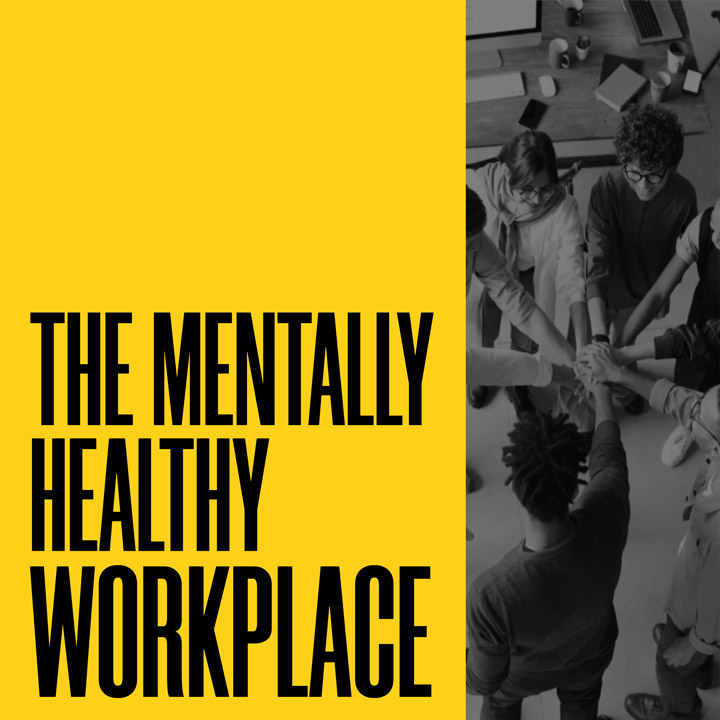CATEGORIES
#Employee Happiness #Health and Wellness #Well-BeingDiscussing one’s health at work can be tricky. Being asked about or asking about personal information can be seen as discriminatory. Employers might have second thoughts about awarding a promotion or more responsibility to someone seen as possibly “not up to it”, and co-workers with ulterior motives could spread rumours about their peers’ performance and suitability for advancing up the ladder or keeping their current position. However, having discussions about our mental health at work is important because of the far-reaching effects that any imbalance in it can have on our professional performance.

Prioritizing employees’ mental health by having support systems in place, can help an employer retain excellent workers, and mitigate interpersonal and interdepartmental issues. As a result, a firm could see higher profits, have fewer losses, and generally thrive.
What is Mental Health?
Mental health is relevant to everyone, whether one has been officially diagnosed with a mental health issue or not. We are all susceptible to stress, depression, anxiety, burnout, and other psychological challenges. Our mental health affects our emotional, psychological, and social well-being. It influences how we think, feel, and act. How we deal with pressure, relate to others, and make life choices are all determined by our mental well-being.
Originally Published by Psychreg.


